(NOTE* – I capitalize several words that have other cultural, spiritual, and contextual meanings).
In part one, the conversation began with the age-old questions, ‘What is Mental Health?’, and ‘What is a Mind? ‘
If we can appreciate those objectively, then Mental Health can also be seen objectively.
If you have not read Part One – TAP HERE
I ended the last article with this.
But all of that is objective. It was meant to be. It is a safe place to start. Talking about your (or my) experience of our Minds, and our subjective Mental Health, is very contextual and profoundly subjective. A Healing Journey is a Rite of Passage – it is meant to take you to your limits. A Mental Health Healing Journey has to be different because it involves people who are on the edge of, or well beyond their limits.
Healing, by definition must improve Adaptive Capacity and not add to one’s Volume of Distress.
What is Self Awareness?
“Self-awareness is the ability to focus on yourself and how your actions, thoughts, or emotions do or don’t align with your internal standards.”
We all have an internal awareness of our subjective experience. This is how and where we work on our ‘Self’. It is the place we reflect on our own values, passions, aspirations, wins, loses, ‘how fit in’ socially, our unconscious reactions (like thoughts, feelings, outward behaviors, strengths, and weaknesses). It is also the place where we rehash old conversations, rehearse new ones, and almost virtually live our lives.
Unfortunately, that place can be very consequence driven and tends to compare, judge, and use disdain and self-loathing to try and motivate change. That is not a good place to be, and leaves most of us feeling paralyzed and exhausted.
If you can navigate this part of your Mind and use this mental ‘place’ to cultivate Self-Acceptance and Self-Awareness, you are much more likely to choose professions and relationships that are growth oriented. Statistically, you are also less likely to experience anxiety, stress, insomnia, and depression.
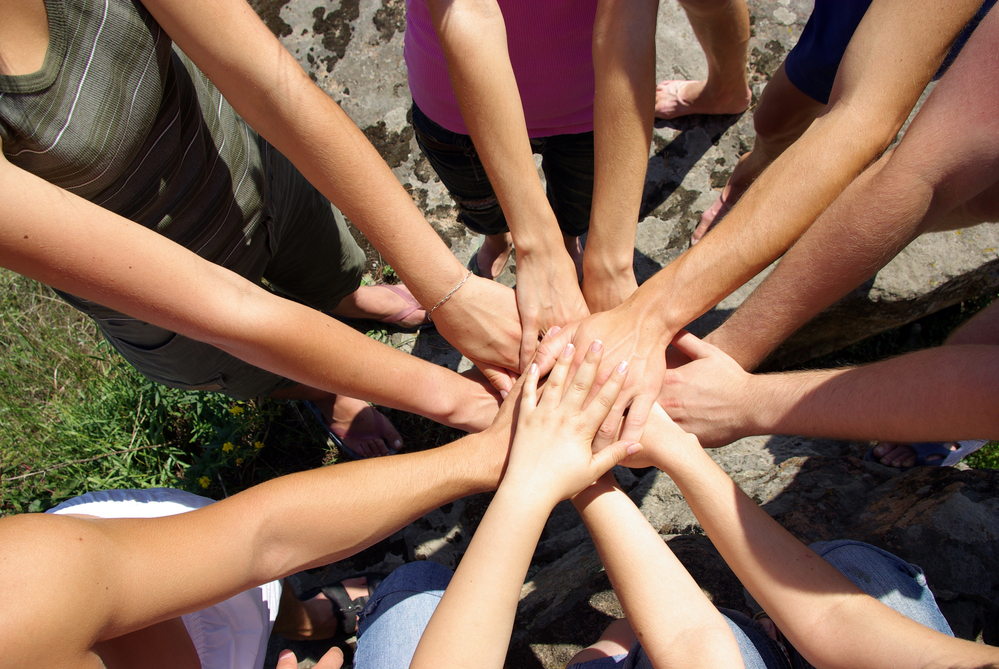
We also have an externalized awareness of how others relate to us. In the moment to moment sense, this is essential for good communication and learning to respect other people’s boundaries. This goes much deeper when we begin learning new tools and respect our social standing as an instinctual adaptation.
Evolution is a team sport. We all have to make friends with our ‘Self’, or Selves, and we all need connection to thrive. As we gain experience and start making long term goals and decisions, connecting with others with the same values becomes the most effective choice. The more honest you are with how others see you, the more able you are to lead. Also, the more you can collaborate through behavioral choices that are focused on shared outcomes.
If a ‘Self’ is wounded enough, their external awareness is almost entirely focused on being accepted for where they are.
What is it like to be inside your Mind?
Yes, I am asking you, personally, what is happening ‘up there?’
If I can help bring any benefit to your life, which is kind of my job, we need to talk about what it is like. What is your subjective experience like?
Can you make friends with your Mind?
One of hardest things to do is accept ourselves for who we have learned to become. Notice I did not say who you are…
Wherever you are at right now, you got there honestly, even if you have lied every day of your life.
You have adapted to your environment. Honesty and Radical Self Acceptance are where the ’magic’ of personal transformation and healing begin to happen. Right now, you are reading or listening to some useful information to support your long-term well being, as well as the well being of everyone you know, and everyone you will ever meet.
Your Mental Health is more than Mental because how you think and feel is made of conditioned and conditioning experiences.
Mental Health is Mostly Environ-Mental
We adapt to our environment, and our environment teaches us the rules, the boundaries, and how to solve problems. Your culture of origin, your level of wealth or poverty, your access to good food, you opportunities to make social connections, and your childhood all determine how you see the world. And, by default, how you see your Self.
Have you ever taken and A.C.E Test? (A.C.E. – Adverse Childhood Experiences) TAP HERE to learn your score
If your environment is unstable enough, you will create a solid and defensive Self. If your Self does not succeed enough, your Mind will become rigid with fury and terror. Over time, if your environment (family/community) does not offer ways to soften, connect, laugh and cry at the same time, and find solace in shared meaning, your environments Mental Health is questionable if not directly pathological.
In a conversation about a healthy environment, especially a mentally and emotionally healthy environment, what do you think of?
If you were to design a mentally and emotionally healthy community or culture, how that look and work?
Mental Health is Also Biochemical
If you were to look at the symptoms of most severe vitamin deficiencies, many of them are Psychological or Psychiatric in nature. Not enough healthy fats, too much of many toxic chemicals, chronic inflammation, or not enough Oxygen or Nitric Oxide, and your Mind and its many functions begin to falter. There are also genetic and epigenetic reasons that neurotransmitter production, sensitivity, and clearance are insufficient, leading to changes throughout the whole body, but especially the Nervus System and how you experience your Brain/Mind.
We are all aware that our present medical system advocates altering your Brain’s biochemistry as the primary approach to treatment. Given that it is impossible to have a pharmaceutical deficiency, the lack of curiosity about causes and other approaches to care says a lot about the Mental Health of the Environment.
I began the first article with the imagery of a person going through obvious, predictable, and destructive biochemistry. Chemistry that our environment is full of, all day every day. You are the only one who can improve your biochemistry, especially with respect to your Mental Health.
It is easy to test many aspects of your biochemistry through a Functional Medicine Doctor (HERE is a link to my clinic website)
Evolution is a team sport…
This is where the ancient Spiritual traditions and Healing systems have a lot of tools and skills.
Traditional Chinese Medicine and Daoist thought are certain that your adaptability to your environment is step one.
“The outside determines if you live, the inside determines how you live.”
In these traditions, step two is to adapt to your subjective experience – the inside. To make friends with and guide your Mind. This is an invitation to experiencing life as a team sport, especially with aspects of your ‘Self.’
Evolution is all about adaptation, and adapting to your subjective experience begins subjectively. It is a bit crazy making – pardon the pun.
Having an objective sense of the terrain of your Mind and your Brain, your culture’s biases, and the imprinting of your childhood experience is essential.
This is always fun to say, but you have to bigger than a Mind to have a Mind.
Once more, you have to be something bigger than a Mind to have a Mind. (Have fun with that).
Your Spirit is bigger than the Mind and is holding your Mind. Your Mind carries your Self in the same way.
As people come into Self-Awareness, they notice that the Mind is not the Self. They also notice that the Self seems to think this whole existence experience is about them. It takes a while for the Self to accept it can be anything. It takes a while to make friends with your Self, a Self that may hold on to or create a lot of pain.
Yes, as it turns out, in order to makes friends with your Mind, you first have to makes friends with your Self.
Self Awareness Takes Time
At some point, we become aware of ourselves as adults, mostly living out reactive patterns of behavior.
At some point, we must recognize it is time to respond skillfully instead of reacting. Objectively this sounds easy. Subjectively, it is like juggling chainsaws while trying to serve your grandmother some tea with a smile.
Identifying with and defending any story stops you from being skillful. The stories that go with why your unconscious choices make sense, by their nature, stop you from becoming conscious of your Self and Your Mind. This why everyone needs to make friends.
What if you are not the story…?
In Part Three, the conversation gets experiential with some practices and opportunities to explore the many facets of your Mind and our Self!
If you enjoyed this article, please consider supporting this blog, my YouTube Channels, and publication of books and courses through my Patreon Page.
This immersive training is intended to be a personal Healing Journey, as well as a clinical certification and continuing education program.
Please let us know if you have any questions.
somadaoqigong@gmail.com
Includes the Foundational Course and an Overview of Treatments, Practices, and Supportive Therapies
Includes the Foundational Course and Clinical Training in Herbology and Acupuncture, Trauma Informed Care, as well as an understanding of how a Personal Qi Gong or Nei Gong Practice supports healing.
There will also be an introduction to Somatic Mindfulness Processing – a form of Counselling and Spiritual Recapitulation.
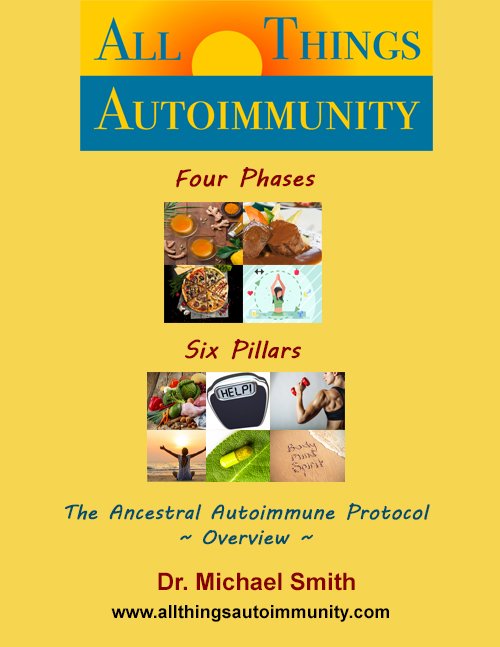
YES! Please send me a FREE copy of the Autoimmune Protocol Ebook!
Begin your healing journey with this 65-page guide to understanding Autoimmune Disease and the Ancestral approach to restoring healthy immune function while repairing your body from the inside out.
Sign up for a regular newsletter offering you the information and inspiration that has helped thousands of people heal their lives!
We respect your privacy.
You will only receive your FREE Ebook and our newsletter.



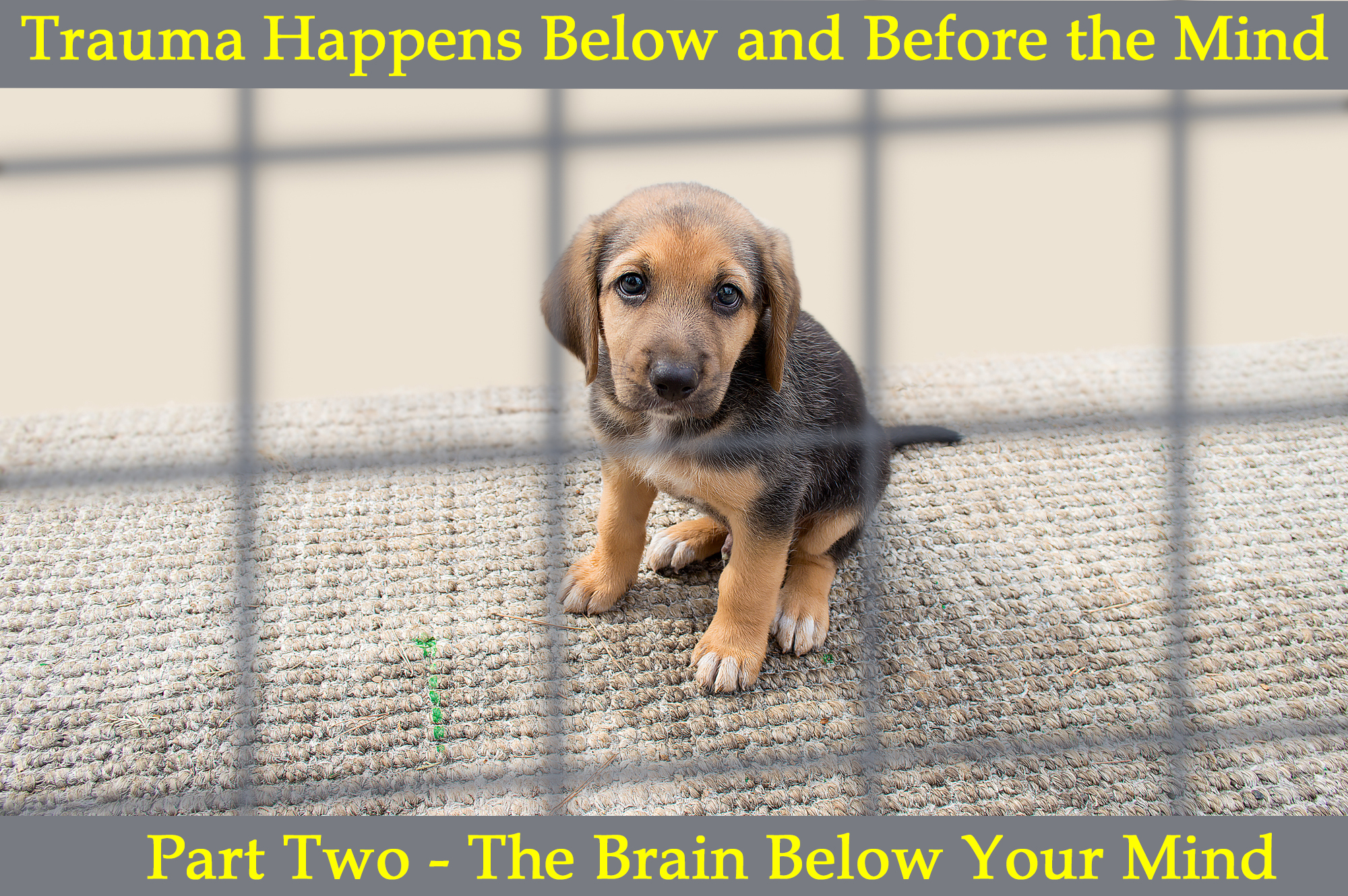
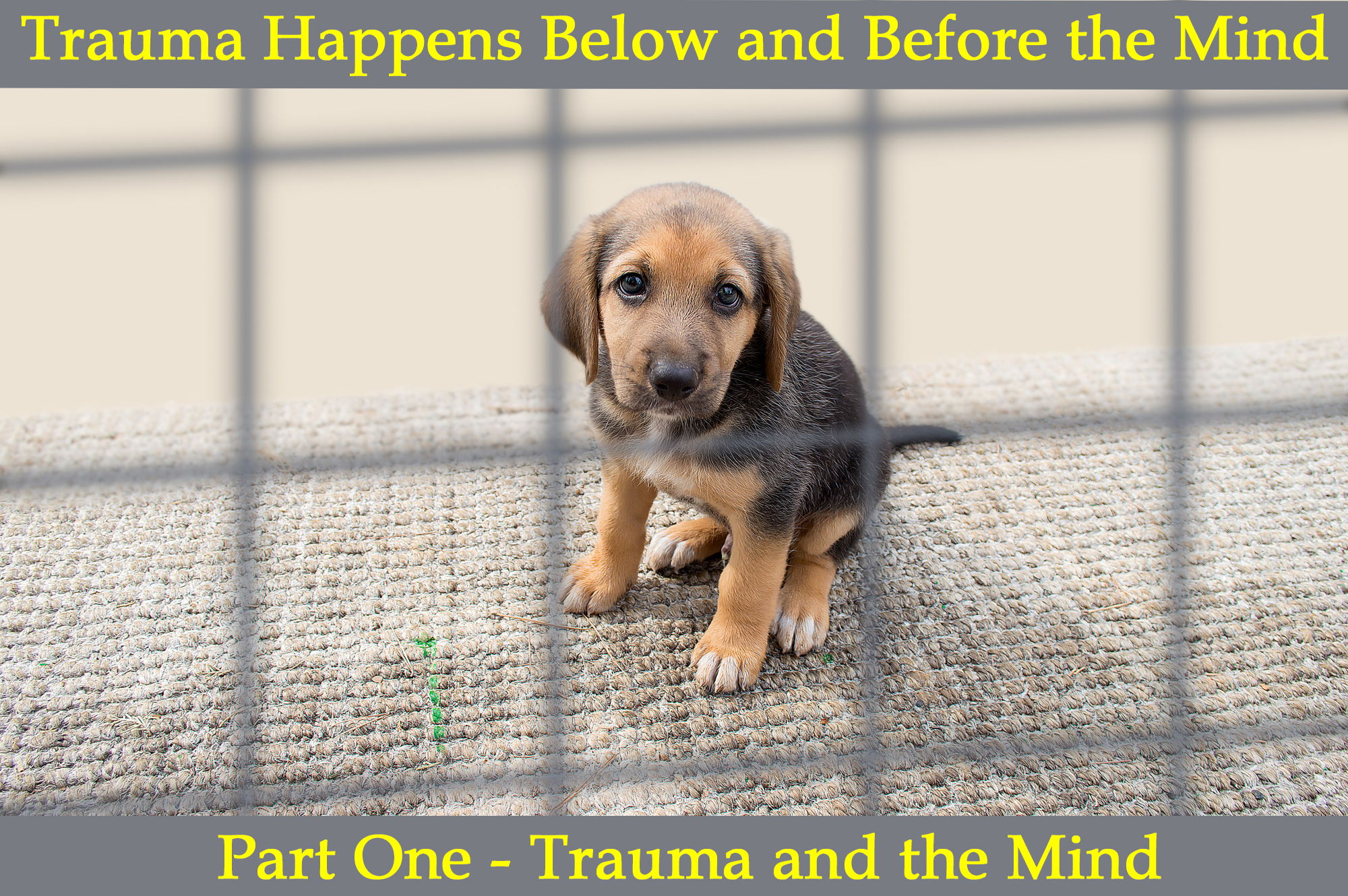
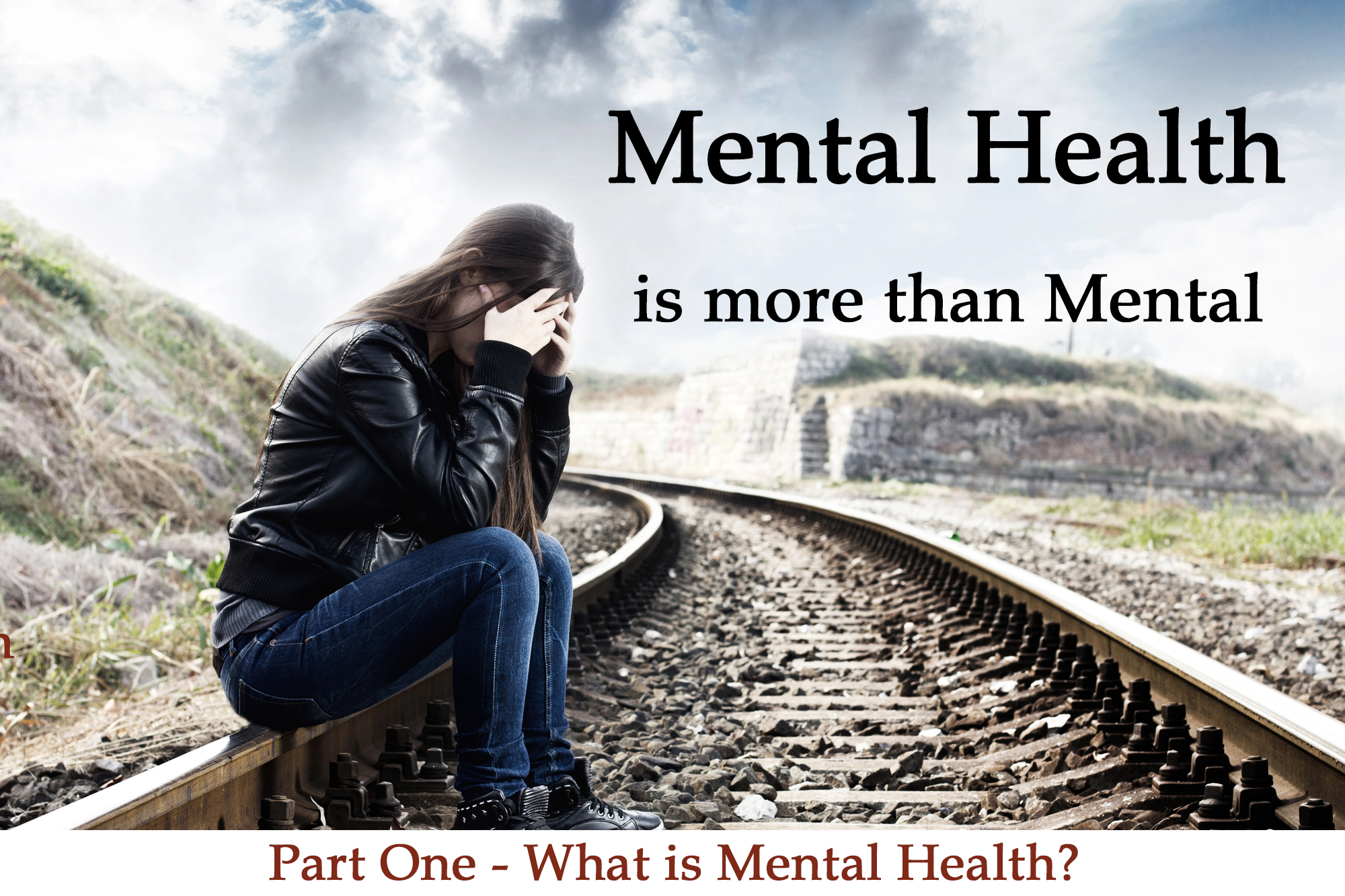
Leave A Comment